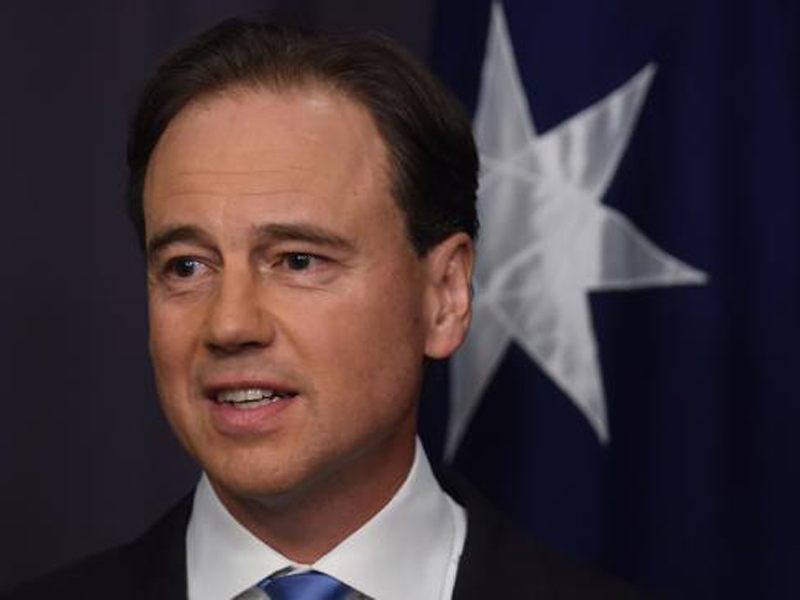Greg Hunt leads the most important ministry with regards to the next election, writes Dr Harry Nespolon
Dear Minister,you have been assigned the most important ministry with regards to the next election.
You would have noticed that at the last election the failure to have any plan with respect to health enabled the opposition to fill the gaping void with one of the most baseless scare campaigns ever – you lost a lot of members of the party. It seems that no lesson has been learnt from the last election, or, in fact, elections over the last 20 years.
As the coalition health minister, you can either not lose or lose the election. No matter how well you do your job, health will not win the next election. If you fail as a health minister you will lose the next election. If you do job well, you will not be responsible for a loss.
There are two strategies open to you in the remaining two years of this parliament. You either make health run dead (an unfortunate description) or you make it a highlight. The former is much easier than the latter, but given the current coalition policy matrix, as health minister you might be one of the few ministers with a policy that the election understands.
As minister, you might consider the Labor party to be your main opposition. Wrong. Your main opposition is the finance department. To be clear, not the finance minister nor the treasurer – surprisingly they are genuinely on your side. They are in the same political boat, and given the volatility of electorate, no seat is safe. It seems that since Tanya Plibersek was health minister the finance department has been in control. Something that was unheard of, either in the Labor history, or for any health minister before her.
I once sat next to a very senior backbencher and I asked what was his understanding of health policy. He said: “It’s just about the Medicare card”.
Although that’s very simplistic, and fails to understand the hard and complex work that your over 5000 public servants do, it indicates your only public stance. Each time you stand in front of a microphone you should start each sentence with: “This is how we are supporting/enhancing/protecting Medicare…” Very few people will hear any words after Medicare. Any time the opposition says anything about your failings with respect to Medicare, no matter where you are in the world or in your sleep cycle, you must get up and defend Medicare.
At this point you might be asking: what about health policies, getting people healthier, that sort of stuff? Best left up to the public servants, but whatever you do, don’t let them make announcements or appear in front of senate committees. Again, the only programs that you want to be involved in are ones that, on face value, support, enhance or protect Medicare.
Health is one of those portfolios where no matter what decision you make, it will be wrong in the eyes of at least one substantial and vocal lobby group. Even within lobby groups or classes of lobby groups, they won’t agree. Better to make the right decision than trying to navigate around lobby groups.
Finally, as a general practitioner, you might think that I am biased, but there is little doubt that the interests of voters …oh sorry, patients… and general practitioners are aligned. What is good for patients is usually good for general practitioners. Remember they are the ones who ask patients for Medicare cards and they see just about every patient or a relative at least once, if not several times, a year.
Good luck!
Dr Harry Nespolon spent three and a bit years living in Canberra while lobbying politicians. He says he has seen PMs, opposition leaders and their parties lose their positions and elections because they don’t understand the political importance of health


